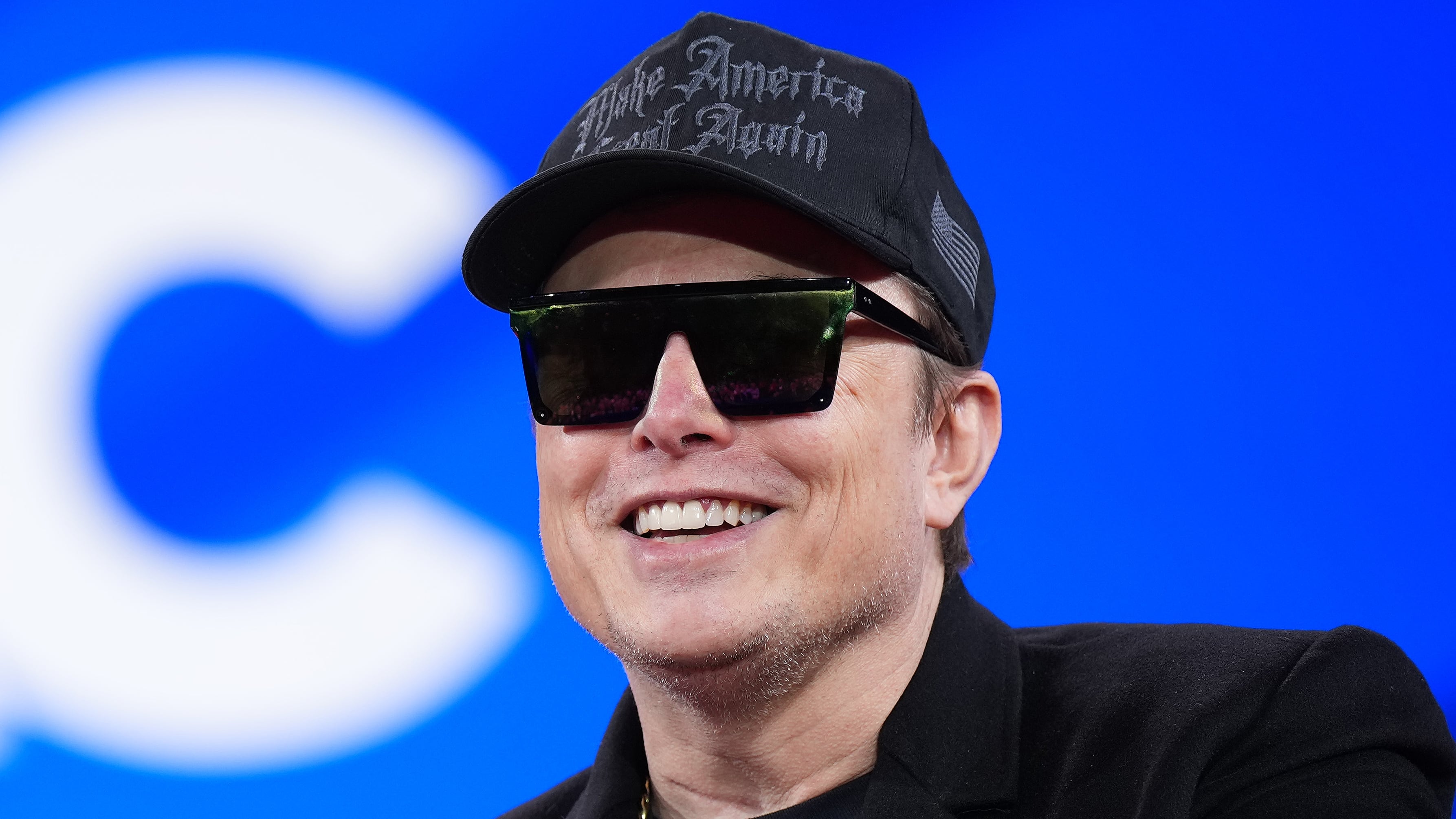
SpaceX's Bold Tax Strategy: Could They Really Pay No Federal Income Tax?
SpaceX, Elon Musk's groundbreaking space exploration company, is making headlines again, but this time it's not for rockets or satellites. According to a recent report in The New York Times, SpaceX officials have reportedly been telling investors that they might never have to pay federal income taxes, thanks to a specific tax benefit signed into law back in 2017. Let's dive into the details of this surprising claim.

Andrew Harnik / Getty Images
The tax benefit in question stems from the Tax Cuts and Jobs Act, signed into law during the Trump administration. This act allows corporations to carry forward significant losses, also known as a carryback, indefinitely. This enables them to offset their profits and potentially avoid paying federal taxes on those profits.
For a company like SpaceX, which spent its first two decades heavily investing and facing substantial losses, this could be a game-changer. Think about other tech startups like Uber and Tesla – they also burned through cash in their early years. SpaceX reportedly accumulated $5 billion in losses by late 2021. However, things have changed since then.
SpaceX has benefited from an influx of government contracts in the past few years. / Joe Skipper / Reuters
With the success of Starlink, its satellite-based internet service, and the acquisition of numerous government contracts, SpaceX has become significantly profitable since 2022. Elon Musk himself projected profits exceeding $15.5 billion this year. The question now is: how much, if any, of that revenue will find its way back to the federal government through taxes?
Because SpaceX is a private company, its financial details, including yearly losses, profits, and tax documents, aren't publicly available. This makes it difficult to ascertain the full extent of their tax strategy. The New York Times reports that "SpaceX has most likely paid little to no federal income taxes since its founding in 2002."

Elon Musk owns 42 percent of SpaceX, which has become profitable in recent years because of government contracts and its satellite-based internet service, Starlink. The company has not lost any major federal contracts, despite his explosive breakup with MAGA and President Donald Trump in June. / Kevin Dietsch / Getty Images
Some experts believe that SpaceX might be taking advantage of a law intended to support struggling companies. Danielle Brian, the executive director of the Project on Government Oversight, suggests that this tax benefit "was clearly not intended for a company doing so well."
What do you think? Is SpaceX simply playing by the rules, or is there a need for tax law reform to ensure fair contributions from highly profitable companies? Let us know your thoughts in the comments below!
Key Takeaways:
- SpaceX may be able to avoid federal income taxes due to a 2017 tax law.
- The company's past losses can be used to offset current profits.
- This raises questions about tax fairness and the original intent of the law.
Disclaimer: This article is for informational purposes only and does not constitute financial or legal advice.
```